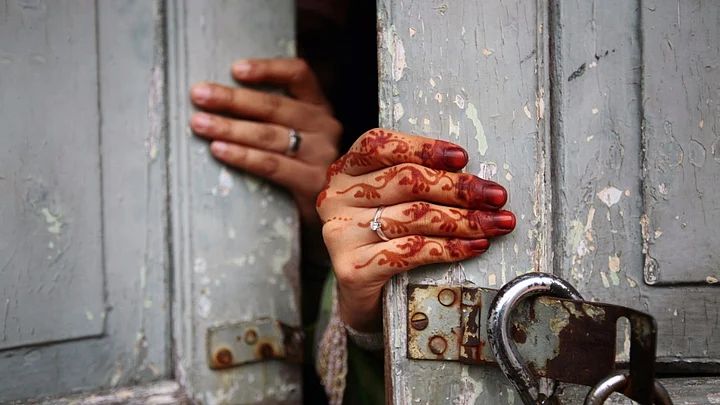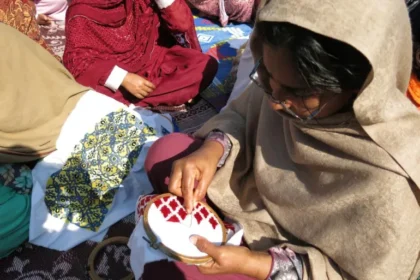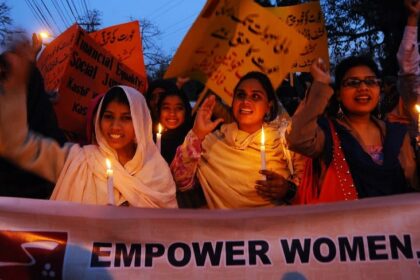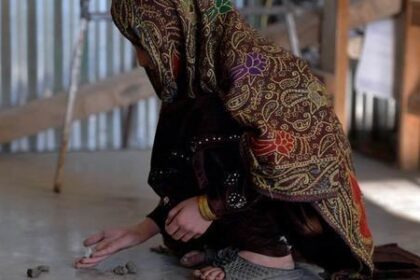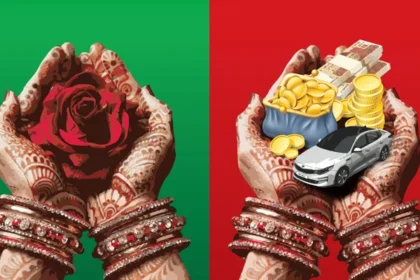A Crime Without a Name
In Pakistan, a man can rape his wife — and the law will not recognise it as a crime. While the country has made progress on domestic violence laws, it still refuses to acknowledge marital rape as a legal offence. In most cases, the act is not only dismissed by the law but also normalised by society, hidden under the guise of marriage, religion, and family honour.
The Pakistan Penal Code, under Section 375, excludes forced sex within marriage from the definition of rape. The only exception is if the wife is under 16 years of age — in which case the act is punishable. Once a woman reaches that age, consent is assumed — permanently.
How Law Reinforces Silence
Pakistan’s failure to criminalise marital rape rests on a mixture of religious interpretations, political resistance, and fear of challenging the family unit. Lawmakers often cite ‘Islamic values’ when dismissing reform, despite a lack of consensus among religious scholars on the issue.
In 2006, the Women’s Protection Bill partially reformed rape laws but left the marital exemption untouched. In 2021, when the Anti-Rape (Investigation and Trial) Ordinance was introduced, activists called for this clause to be removed. Lawmakers ignored it. “The government does not want to open a debate it cannot control,” said Sarah Zaman, a gender rights activist and former director of War Against Rape.
Meanwhile, survivors who report sexual violence within marriage are often told, “It is your duty.” Police discourage complaints. Courts treat them as civil family disputes, not criminal acts.
The Weight of Culture
In many parts of Pakistan, marriage is seen as a contract of ownership rather than partnership. Wives are expected to submit — to their husbands, to in-laws, and to community norms. The idea that a married woman can refuse sex remains alien in many social settings. This cultural perception reinforces legal gaps and deters survivors from coming forward.
According to Sahil, a non-profit working on abuse prevention, over 80% of women in its Lahore helpline reported forced sex by their husbands — but only 3% considered it “rape”.
Global Contrast, Local Consequences
Over 80 countries, including Nepal, Turkey, and Rwanda, now recognise marital rape as a crime.
Pakistan remains among those that do not. Even India, after years of legal resistance, now sees an active debate within its Supreme Court on the issue.
This gap is not just legal — it is social. By failing to criminalise forced sex in marriage, Pakistan sends a message: a husband cannot rape his wife. This silence emboldens abusers, delegitimises survivors, and distorts justice.
What Reform Could Look Like
Civil society groups have repeatedly submitted draft bills to parliament — all of them rejected or shelved. Some suggest amending Section 375 to remove the marital exemption. Others propose stand-alone laws that punish non-consensual sex in any relationship.
“Criminalising marital rape would not destroy the sanctity of marriage — it would protect it from violence,” said Barrister Hina Jilani, a founding member of the Women’s Action Forum. “Consent must exist in all circumstances. If not, it’s coercion.”
To move forward, the government must:
- Publicly recognise marital rape as a form of sexual violence.
- Train police and judges on the rights of married women
- Provide survivor-safe reporting spaces within domestic violence shelters.
- Engage with progressive scholars to reinterpret religious arguments for justice.
A Clause That Could Save Lives
Until the law changes, survivors will continue to suffer in silence, doubted by the system and betrayed by the law. Marriage should never be a shield for violence. Pakistan has criminalised honour killings, workplace harassment, and acid attacks — but it still allows this one violation to remain hidden inside bedrooms.
Criminalising marital rape is not a Western idea. It is a basic human right — the right to say no, even within marriage. And it is long overdue.





